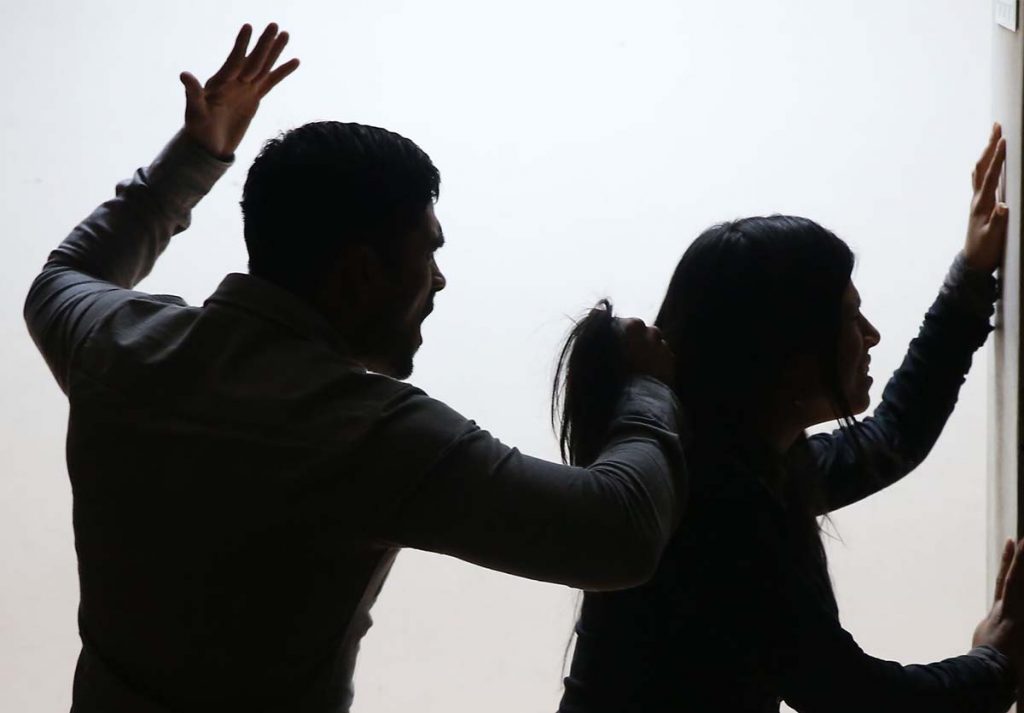Domestic violence and abuse are not just a problem in society, but also an ongoing issue in many homes across the world. It is important that we understand what this type of violence looks like, how to spot it when it occurs, and how to support those who are experiencing abuse. The following article will be focusing on the different types of domestic violence and abuse, as well as some ways you can help someone who may be struggling with this difficult cycle.
Contents
- 1 What Is Domestic Violence And Abuse?
- 2 Different Forms of Domestic Violence And Abuse
- 3 Signs of Domestic Violence And Abuse
- 4 Common Reasons For Domestic Violence And Abuse
- 5 Negative Impacts of Domestic Violence And Abuse
- 6 Dealing With Domestic Violence And Abuse
- 7 Helping Someone Who Is Suffering From Domestic Violence And Abuse
- 8 Conclusion
- 9 A Word From Therapy Mantra
What Is Domestic Violence And Abuse?
 Domestic violence and abuse are some of the most common crimes all over the world. Every year, millions of people are affected by domestic violence and abuse. Domestic violence and abuse can happen to anyone, regardless of age, race, religion, or sexual orientation.
Domestic violence and abuse are some of the most common crimes all over the world. Every year, millions of people are affected by domestic violence and abuse. Domestic violence and abuse can happen to anyone, regardless of age, race, religion, or sexual orientation.
Domestic violence is a pattern of abusive behavior in any relationship. This is to gain or maintain power and control over an intimate partner. Abuse can be physical, emotional, sexual, financial, or psychological. It can involve threats made against the victim or their loved ones, isolation from friends and family, and controlling what the victim wears or how they behave.
Abuse is never okay. If someone abuses you, it is not your fault. You deserve to be safe and protected from harm. There are many resources available to help you.
Different Forms of Domestic Violence And Abuse
There are many different forms of domestic violence and abuse:
Physical Abuse
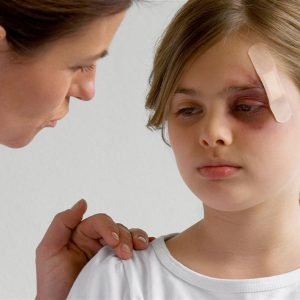 Domestic violence and abuse may include physical assault, such as hitting or punching. It can also be more subtle forms of physical harm, including pinching, biting, spitting on someone else’s body parts (e.g., face), shoving against hard objects, kicking the person in another part of their body with a foot or an object like a boot or shoe. Physical abuse is hurting you physically. This often leaves behind visible evidence that something has happened to your body—bruises are common. Sometimes abusers will use weapons to threaten you with actual injury if you don’t obey them: guns; knives; baseball bats or other blunt instruments used for beating things up (like walls); bottles filled with acid, bleach solutions, or other dangerous chemicals; and so on.
Domestic violence and abuse may include physical assault, such as hitting or punching. It can also be more subtle forms of physical harm, including pinching, biting, spitting on someone else’s body parts (e.g., face), shoving against hard objects, kicking the person in another part of their body with a foot or an object like a boot or shoe. Physical abuse is hurting you physically. This often leaves behind visible evidence that something has happened to your body—bruises are common. Sometimes abusers will use weapons to threaten you with actual injury if you don’t obey them: guns; knives; baseball bats or other blunt instruments used for beating things up (like walls); bottles filled with acid, bleach solutions, or other dangerous chemicals; and so on.
Sexual Abuse
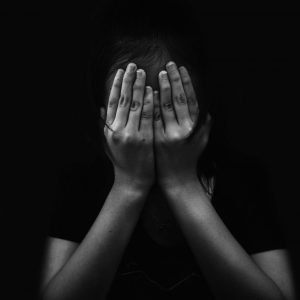 Sexual abuse is any type of unwanted sexual contact, including rape, attempted rape, child molestation, and incest. It can also include being forced to watch someone else have sex, being photographed or filmed during sex against your will, or being forced to engage in sexual activities with someone you don’t want to. This type of abuse can be very damaging and often leaves lasting emotional scars.
Sexual abuse is any type of unwanted sexual contact, including rape, attempted rape, child molestation, and incest. It can also include being forced to watch someone else have sex, being photographed or filmed during sex against your will, or being forced to engage in sexual activities with someone you don’t want to. This type of abuse can be very damaging and often leaves lasting emotional scars.
Emotional Abuse
Emotional abuse is verbal assault combined with threats or acts that are designed to scare or control the victim. These abusers may use tactics like intimidation; threatening to hurt you, your children, friends, or family members; yelling and screaming; name-calling; or humiliation. This type of abuse can be just as damaging as physical abuse and often leaves the victim feeling isolated, frightened, and alone.
Financial Abuse
 Financial abuse is when someone takes control of your finances or prevents you from having access to money. An abuser may limit how much money you have available; refuse to give you any money at all, even for basic needs like food, clothing, or shelter; spend all your money without your permission, or make it difficult for you to get a job or keep a job. Financial abuse can leave victims feeling helpless and overwhelmed.
Financial abuse is when someone takes control of your finances or prevents you from having access to money. An abuser may limit how much money you have available; refuse to give you any money at all, even for basic needs like food, clothing, or shelter; spend all your money without your permission, or make it difficult for you to get a job or keep a job. Financial abuse can leave victims feeling helpless and overwhelmed.
Psychological Abuse
Psychological abuse is any form of behavior that manipulates, intimidates, humiliates, isolates frightens, coerces, or controls the victim. This type of abuse can include things like constant verbal put-downs, threats to harm you or someone you love, stalking, and harassment. Psychological abuse can be very damaging and often leads to long-term emotional problems for victims.
Signs of Domestic Violence And Abuse
There are many signs of domestic violence and abuse:
Physical Injuries
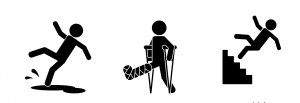 This can be a sign of domestic violence and abuse. Someone who is being abused may have bruises, scratches, or broken bones; they might develop health problems like chronic pain with no known cause.
This can be a sign of domestic violence and abuse. Someone who is being abused may have bruises, scratches, or broken bones; they might develop health problems like chronic pain with no known cause.
Physical injuries are a sign of domestic violence because the abuser uses physical force to hurt you in some way (whether it be physically hitting or injuring you by shoving against hard objects). Sexual assault victims often carry additional signs of injury from their attack that include tearing from penetration, vaginal bleeding, bruising around breasts, buttocks, and thighs/genitals. These injuries can help doctors determine if the sexual activity was consensual or forced.
Behavior Changes
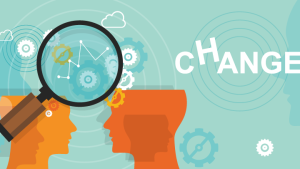 If someone you know has changed their behavior since they started dating/married the person they are now with, it might be a sign of domestic violence and abuse. The abuser often tries to isolate the victim from friends and family so that they have more control over them; this isolation can cause the victim to change their behavior in order to try and please their abuser.
If someone you know has changed their behavior since they started dating/married the person they are now with, it might be a sign of domestic violence and abuse. The abuser often tries to isolate the victim from friends and family so that they have more control over them; this isolation can cause the victim to change their behavior in order to try and please their abuser.
The abuser may also make the victim feel like they’re crazy by constantly telling them that no one else will want them or love them once they leave; this makes it difficult for victims to trust anyone, including friends and family members who are trying to help.
Depression or Suicidal Thoughts
 Depression and suicidal thoughts are common in victims of domestic violence and abuse. The abuser often controls every aspect of the victim’s life, including their feelings, so victims can feel hopeless and helpless. This sign may be a warning sign of domestic violence and abuse because abusers often try to control their victims by threatening them with physical harm or suicide. Other signs of suicidal behavior can be a person talking about wanting to die or hurt themselves, expressing feelings of hopelessness, and giving away prized possessions.
Depression and suicidal thoughts are common in victims of domestic violence and abuse. The abuser often controls every aspect of the victim’s life, including their feelings, so victims can feel hopeless and helpless. This sign may be a warning sign of domestic violence and abuse because abusers often try to control their victims by threatening them with physical harm or suicide. Other signs of suicidal behavior can be a person talking about wanting to die or hurt themselves, expressing feelings of hopelessness, and giving away prized possessions.
Social Anxiety
This sign can also be a warning sign of domestic violence and abuse. Victims often experience social anxiety because the abuser will isolate them from friends and family, which can make the victim feel like they’re alone in the world. The abuser may also use psychological abuse to make the victim believe that no one else would want them or love them if they left; this leaves victims feeling scared and isolated.
Common Reasons For Domestic Violence And Abuse
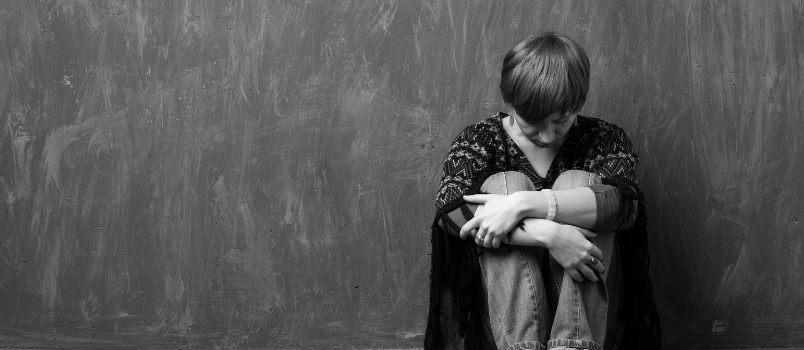
There are many reasons why domestic violence and abuse happens, but some of the most common are:
Power and Control
Abusers often use violence and abuse to gain power and control over their victims. They may feel like they need to be in charge of everything or that they’re entitled to control their partner.
Jealousy And Possessiveness
Many abusers become extremely jealous and possessive when they’re in a relationship; this can lead to them becoming violent or abusive. They may accuse the victim of cheating or being unfaithful even if there is no evidence to support their claims.
Sense of Entitlement
Some abusers believe that they have a right to control their partners because they are superior to them; this sense of entitlement can lead to violence and abuse.
Anger Management Issues
Abusers often have anger management issues and feel like violence is an appropriate way to deal with their problems. They may also become violent or abusive while they’re intoxicated because alcohol makes it easier for them to lose control of their emotions and actions. This means that victims are at a higher risk of being hurt when the abuser has been drinking. Abusive behavior can continue even after the relationship ends, so if you think your partner might be an ex-abuser please take steps to protect yourself from possible abuse (like getting help/support).
Genetics
Sometimes abusers have genetic makeups that cause them to be more likely to become violent and abusive. Some of these people were abused themselves as children, so they may use violence and abuse in order to deal with their own pain or trauma; this is known as a cycle of violence because it can lead from one generation to the next. There are also biological factors like excessive stress, fear/anxiety, low impulse control/self-control (which can come from traumatic brain injuries), substance abuse problems, etc.
Negative Impacts of Domestic Violence And Abuse
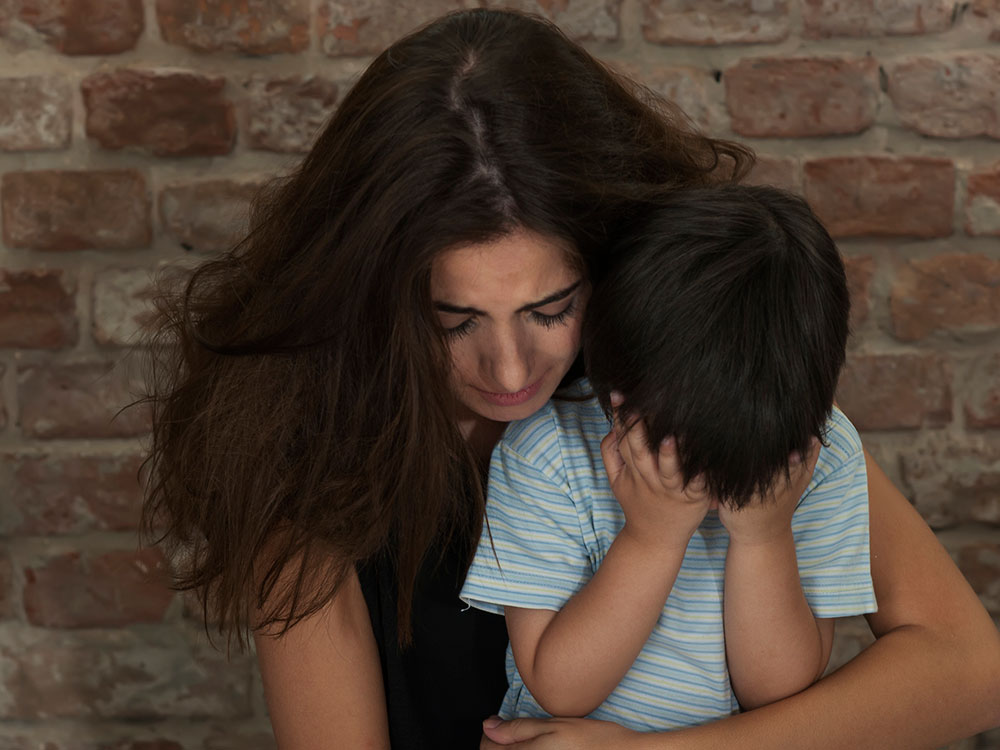
There are many negative impacts of domestic violence and abuse, some of which can be life-threatening. Some of these are:
Mental and Emotional Damage
Victims of domestic violence and abuse often experience mental and emotional damage from the psychological, physical, sexual, financial (or other forms) of abuse they’ve experienced. They may have post-traumatic stress disorder or PTSD; this is a serious condition that’s diagnosed after someone has been through an extremely traumatic event like war combat or being violently attacked by another person(s). PTSD can cause victims to suffer nightmares about their abusers/attackers hurting them again as well as anxiety when facing reminders of the attack. There is also depression (feeling sad all the time), suicide thoughts/attempts, dissociative disorders (which causes memory problems), etc. In addition to causing these conditions in victims, there is also evidence that suggests that children who live in homes where domestic violence and abuse are happening are more likely to experience difficulties in their own relationships as adults.
Isolation of Victims
When victims are being abused by their partner, they often feel like they’re the only one who is experiencing this. They may believe that no one else would want them or love them if they left; this leaves victims feeling scared and isolated. This isolation can also prevent victims from getting help because they don’t think anyone will understand or be able to help them. It can also lead to them feeling like they’re “not worth it” and that they deserve the abuse.
Financial Problems
Many victims of domestic violence and abuse find themselves in difficult financial situations because their abusers often take control of all the money or financially control their partners in other ways. This leaves victims with little to no money to get help or leave the relationship.
Psychological and Physical Issues
Victims of domestic violence and abuse often experience physical injuries from the beatings they receive. They may also have various physical illnesses like cancer because their immune systems are weakened by stress, fear, anxiety, depression (negative emotions), etc. They can also suffer mental/psychological problems related to trauma that’s experienced during abusive relationships; this includes PTSD which is a very serious condition that requires professional help for victims who want to recover.
Dealing With Domestic Violence And Abuse
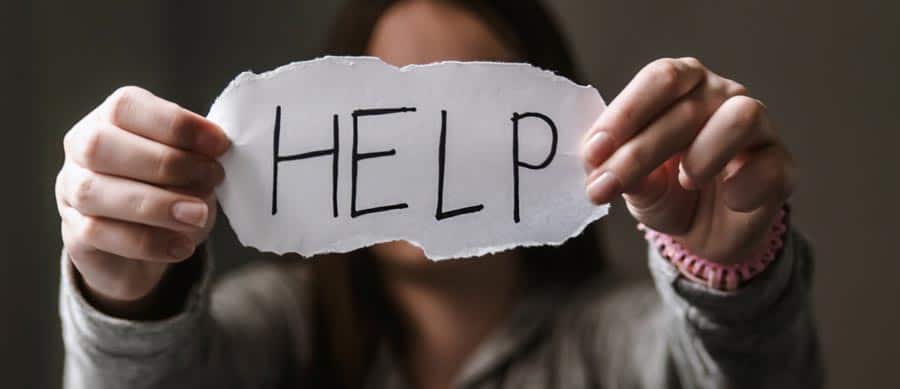
There are many ways to deal with someone who is domestically violent or being abused. It’s important to remember that it is not the victim you should blame for their abuse. This kind of thinking is called “victim-blaming” and those who do are often considered sexist, misogynistic, ignorant, etc. Some ways people can deal with domestic violence and abuse include:
Try To Talk To Abuser
You can try talking to your abuser, telling them how their actions are affecting you, and making it clear that you want the abuse to stop. You can also ask for help from friends or family if this doesn’t work (and make sure they’re trustworthy).
Get Help From Hotline
There are many domestic violence hotlines all over the world. These hotlines are to provide victims of domestic violence and abuse with safety, support, resources, and counseling.
Get Restraining Order
If the abuse continues or becomes worse after trying to talk to your abuser, you can go to court and get a restraining order against them. This will legally require them to stay away from you and can also help protect you from further abuse.
Leave Relationship
Leaving an abusive relationship is definitely not easy but it may be the best option for your safety and well-being. You deserve to be in a safe and healthy relationship. This is where someone loves you and respects you. Don’t let anyone tell you otherwise!
Helping Someone Who Is Suffering From Domestic Violence And Abuse
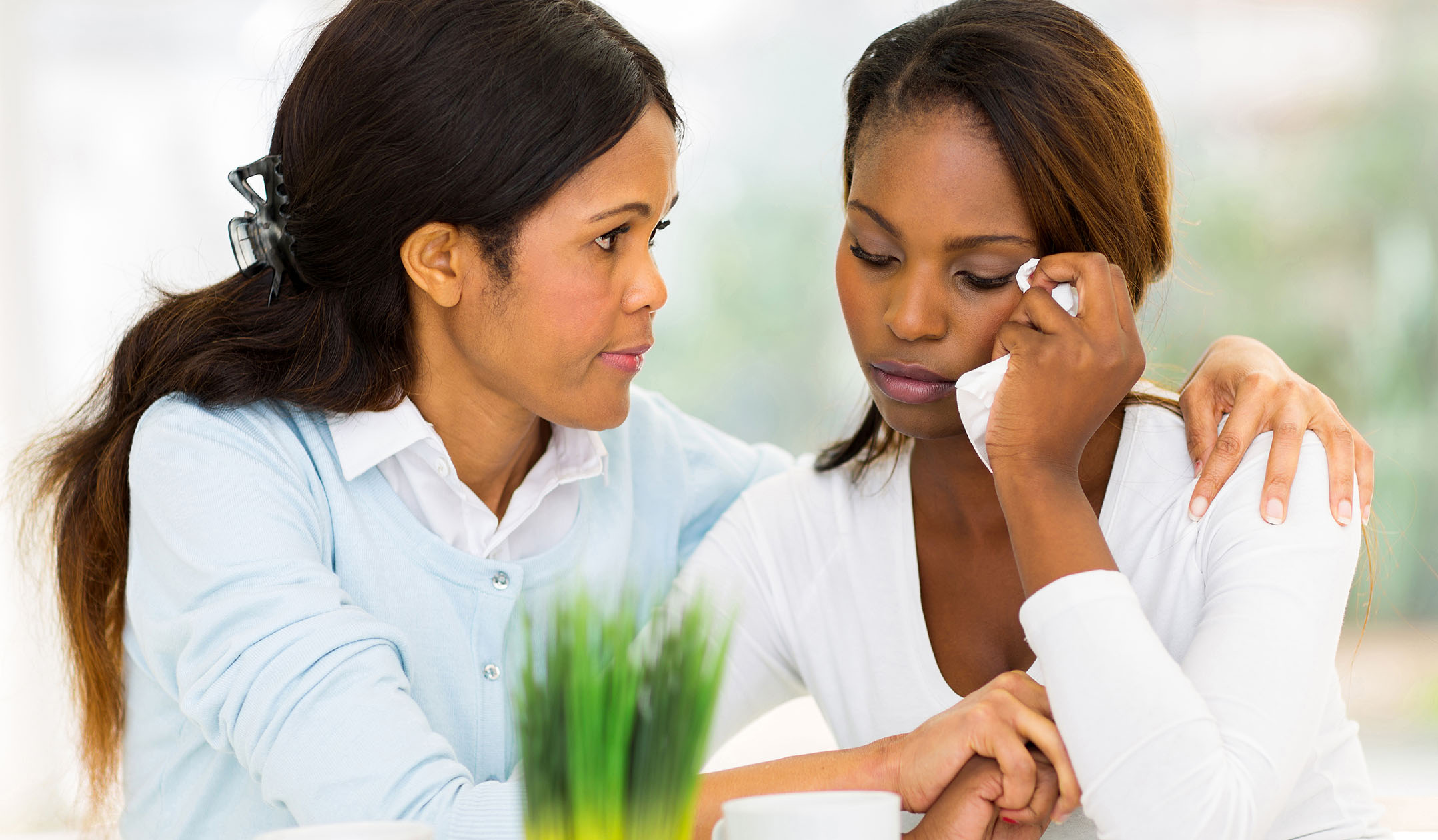
There are many ways that you can help someone who is suffering from domestic violence and abuse. Some of these are:
Give Them Place To Stay
There are many shelters and other organizations that can help you get to a safe place when it’s impossible for you to stay at home anymore. You may also be able to find someone who will let you move in with them or allow you to temporarily sleep on their couch until things settle down and/or get better; this is not ideal, but it could work if no one else wants the responsibility of helping out.
Ask Them How They Want To Handle Situation
The most important thing for victims suffering from domestic violence and abuse are being asked about how they want their situation handled because they’re going through so much already; giving them control over what happens next might make them feel like there are some good things happening in their lives which help to counteract the bad.
Offer Emotional Support
Many victims of domestic violence and abuse feel scared, alone, and ashamed; offering them emotional support can help to lessen these feelings. This could include talking with them on a regular basis, letting them know that you’re there for them when they want to talk, sending positive messages/thoughts their way, etc.
Help Them Connect With Resources
There are many resources out there for victims of domestic violence and abuse including counseling services, hotlines, safe places to stay (shelters), legal aid, financial assistance programs, etc. Helping someone connect with these resources can be very helpful in terms of getting them the help that they need as soon as possible.
Try To Keep Them Safe
This one is pretty self-explanatory, but it’s important nonetheless. If you know that the person you’re helping is in danger, do whatever you can to keep them safe from their abuser–even if that means temporarily moving them away from home or having law enforcement step in.
Conclusion
In conclusion, dealing with domestic violence and abuse can be extremely difficult, but you’re not alone in your suffering. There are many resources out there to help you heal from the trauma that has happened to you. This is including this blog post which provides a lot of information about what it means to suffer from these things as well as how others have dealt with their own experiences when they were going through them. Hopefully reading this was helpful.
A Word From Therapy Mantra
Your mental health — your psychological, emotional, and social well-being — has an impact on every aspect of your life. Positive mental health essentially allows you to effectively deal with life’s everyday challenges.
Also, at Therapy Care, we have a team of therapists who provide affordable online therapy to assist you with issues such as depression, anxiety, stress, relationship, OCD, LGBTQ, and PTSD. You can take our mental health test. You can also book a free therapy or download our free Android or iOS app.
